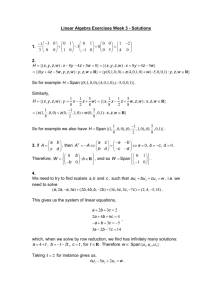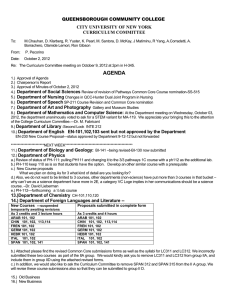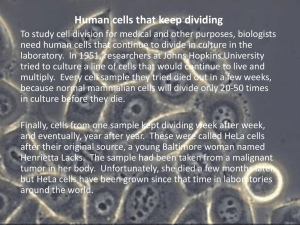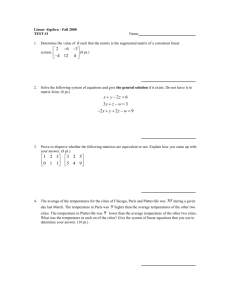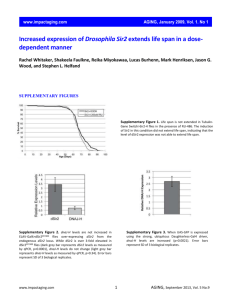Analyzing Data - Cloudfront.net
advertisement
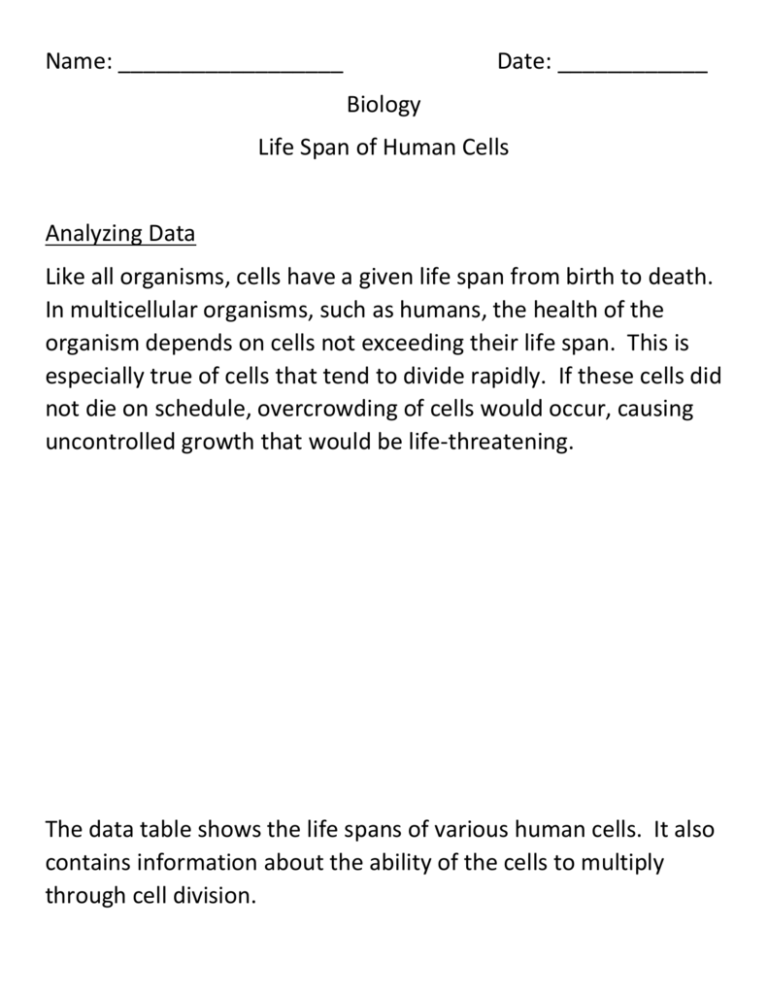
Name: __________________ Date: ____________ Biology Life Span of Human Cells Analyzing Data Like all organisms, cells have a given life span from birth to death. In multicellular organisms, such as humans, the health of the organism depends on cells not exceeding their life span. This is especially true of cells that tend to divide rapidly. If these cells did not die on schedule, overcrowding of cells would occur, causing uncontrolled growth that would be life-threatening. The data table shows the life spans of various human cells. It also contains information about the ability of the cells to multiply through cell division. 1. White blood cells help protect the body from infection and disease-producing organisms. How might their function relate to their life span? a. Sickly person – Their white blood cells would have to replenish on a constant basis. b. Healthy person – Their white blood cells do not have to be replenished on a continuous basis. 2. Based on the data, how are the consequences of injuries to the heart and spinal cord similar to each other? How are they different from the consequences of injuries to smooth muscle? a. Heart Muscle is long- lived. When it is injured, it needs to be replaced. Spinal cord is long lived. However, it can repair itself in certain places. b. Smooth Muscle is long-lived. However, it can repair itself. 3. Propose a hypothesis to account for the data related to the cell life spans of the lining of the esophagus, small intestine and large intestine. Choose 1 (one) only. __________________________________________________ __________________________________________________ __________________________________________________ __________________________________________________ 4. Cancer is a disease related to cell life span and cell division. If cancer cells were added to the data table, predict what would be written under the columns: Cell Type Life Span Cell Divisions Cancer Cells ________ ___________ Explain why you choose those predictions. 3 sent a. Life Span ________________________________________________ ________________________________________________ ________________________________________________ b. Cell Divisions ________________________________________________ ________________________________________________ ________________________________________________
